Apr 29, 2021
Located in Ithaca, NY, Cornell University is at the forefront of reducing energy and working toward achieving carbon neutrality. For over 20 years, M/E Engineering has been an integral part of the campus’ success by performing energy audits and implementing energy improvement strategies throughout a variety of occupied buildings on campus.
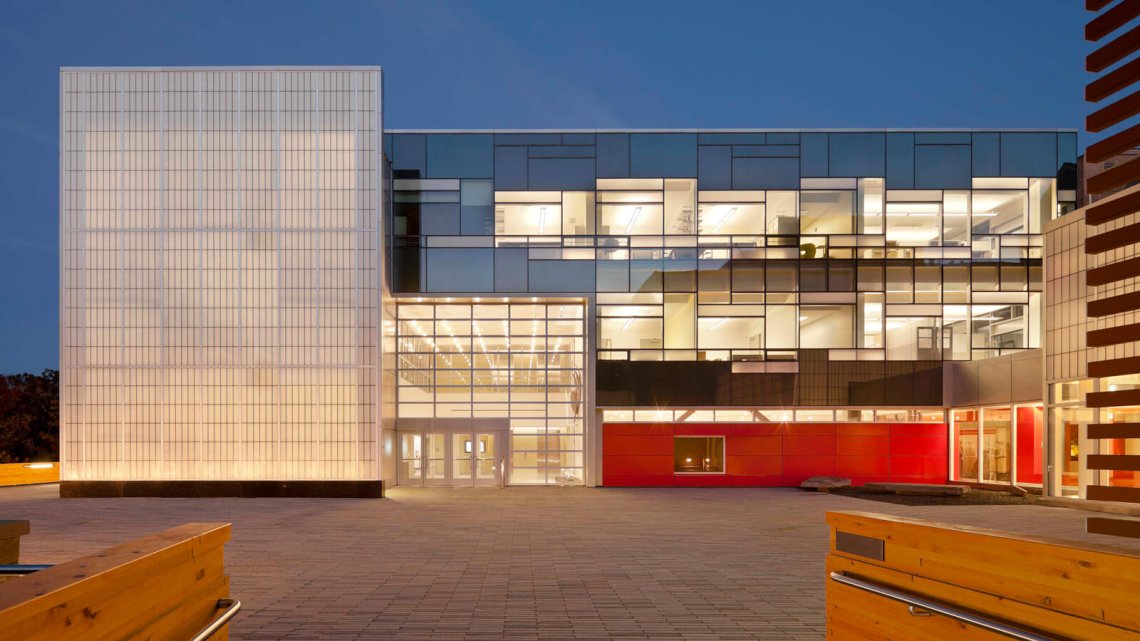
Case Study Background
Studies have shown that commercial facilities, including office buildings, hospitals, retail stores, and universities, are responsible for approximately 20% of the nation’s total energy consumption.
Of that, a significant portion of the energy used within these buildings is utilized inefficiently or unnecessarily. Many of these buildings were constructed prior to 1970, before the development of modern building and energy codes and decades before the formation of the United States Green Building Council and its Leadership in Energy and Environmental Design (LEED) rating systems.
Many towns, cities, and associated office buildings, healthcare facilities, and universities are striving to reduce energy consumption and greenhouse gas emissions generated from burning fossil fuels that are utilized for heat, electricity, and transportation.
By the Numbers
From 2000 through 2020, Cornell has achieved the following with a total current investment of $33,701,213:
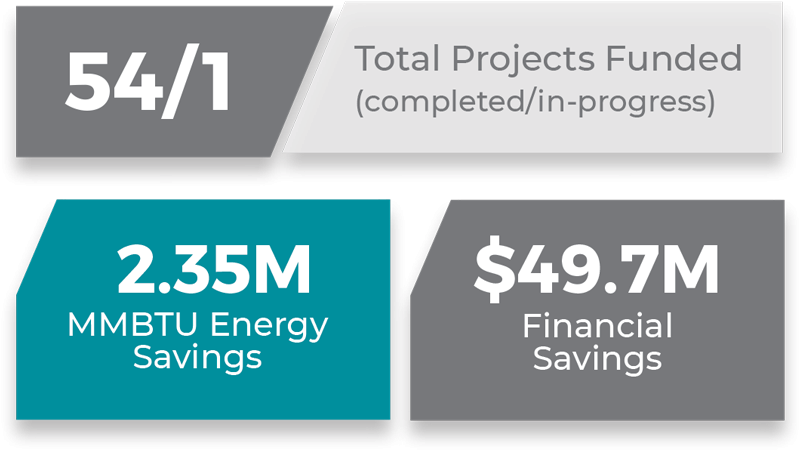
"Cornell has always been at the forefront of energy conservation. While this is a noble cause for sure, the true measure of success is that every project was justified by a business case. If the economics didn’t work, it wasn’t pursued - paybacks must be justified. What we showed was that not only is energy conservation achievable, it can pay for itself.”
John Dredger - President
M/E Engineering

Cornell University Project Highlights
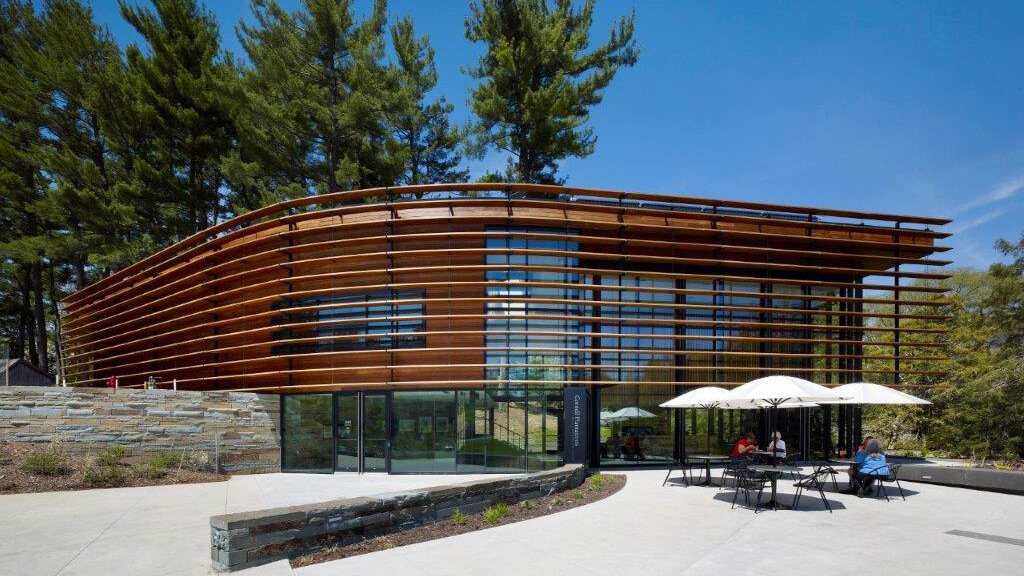
Plantations Welcome Center
The LEED Gold certified welcome center incorporates natural ventilation systems, demand control ventilation systems, and day lighting controls to promote sustainable operations. It also has a solar thermal hot water heating system to supplement the primary high efficiency boiler system.
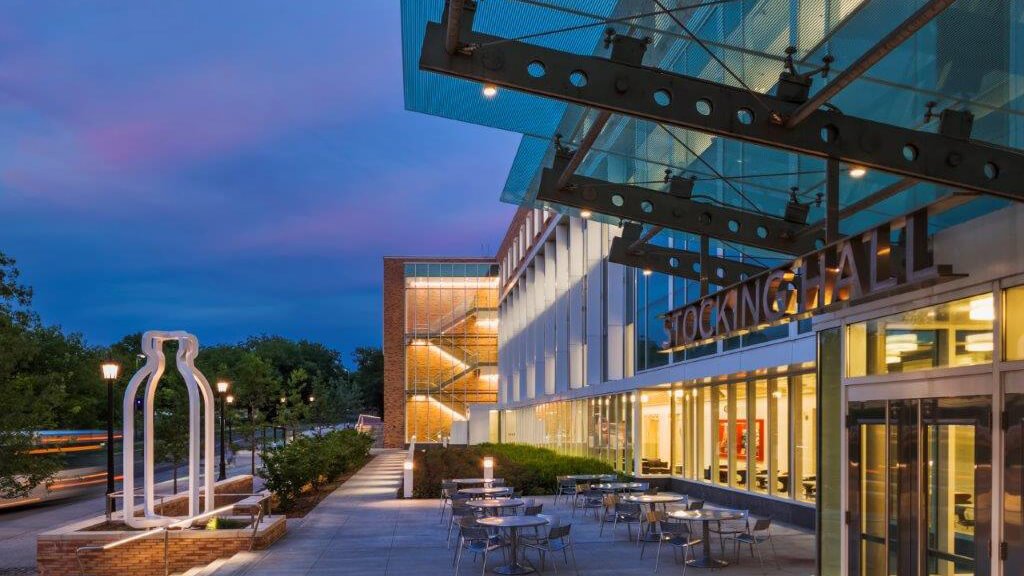
Stocking Hall
Stocking Hall is a LEED Gold certified food science facility which houses state-of-the-art lab spaces, a dairy plant and office/support spaces. Comprehensive integrated holistic energy modeling was utilized to help evaluate and select the most efficient systems for each type of space. The energy cost savings for the building was reduced by 46% over the ASHRAE baseline and installed plumbing fixtures reduce water usage by 31% below the baseline usage.
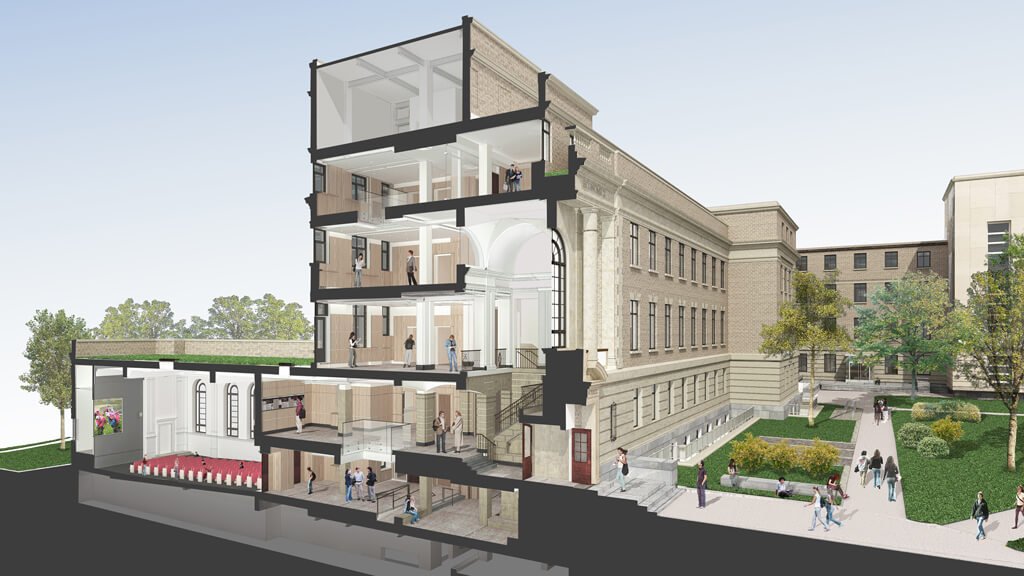
Warren Hall
The Historical Warren Hall building is the first on campus to achieve a LEED Platinum certification for a retrofit and rehabilitation project. The renovation modernized the 100 year old structure with zero increase in energy usage. Extensive daylight penetration and unique ventilation strategies were implemented to help reduce utility consumption.
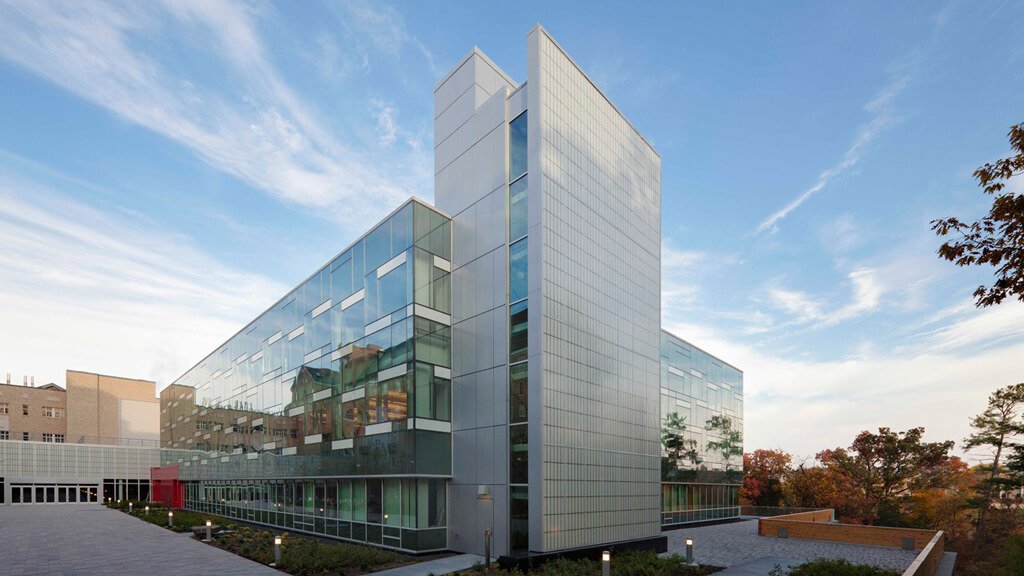
Martha Van Rensselaer North Hall
MVR North Hall is a LEED Platinum certified laboratory research building and parking garage for the College of Human Ecology. Laboratories consist of wet labs for nutritional and fiber sciences, and dry labs are included for human factors, apparel, and drawing/cad/studios. The building utilizes unique lighting and ventilation control strategies to lower energy usage and utility consumption.
